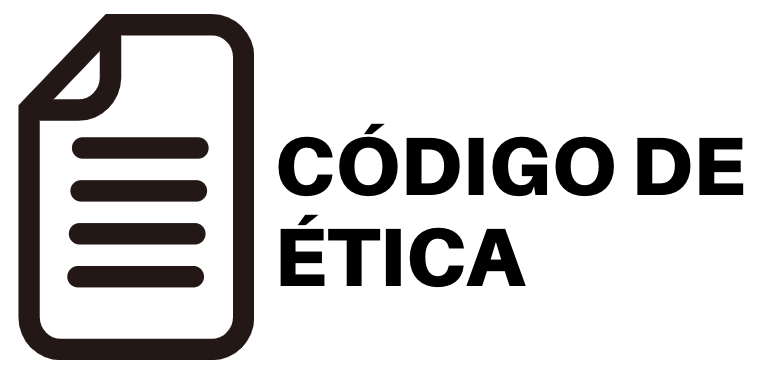Academic talent in general education: the cuban context, a bibliographic review
DOI:
https://doi.org/10.33936/psidial.v1i1.4551Keywords:
Cuba, general education, systematic review, academic talentAbstract
In the study of talent in Cuba, stages can be identified that range from the establishment of the first pedagogical approaches to the attention and search for ways to systematize the components of the pedagogical process. However, the study of talent is still a challenge in the country. For this reason, the present systematic review aims to characterize the studies on academic talent from 2012 to 2022, in General Polytechnic and Labor Education in the Cuban context. The bibliography selection process started with the identification in the databases Redalyc, Scielo, Dialnet, Semantic Scholar, Google Scholar and other sources of potentially eligible publications. A total of 1259 studies were identified to which the pre-established eligibility criteria were applied and five publications were selected. The PRISMA statement was used as the methodology. The risk of bias assessment showed low risk of bias in four of them and medium risk of bias in one. The most commonly used methodology is qualitative, the main methods identified being documentary analysis, interview, survey and observation. The criteria and indicators for psychological tests are vaguely mentioned. The term used is talent and it is mainly addressed in primary and pre-university education, with a predominance of the study of verbal talent, and academic talent in mathematics and chemistry. It is concluded that the study of talent in the country is still deficient and presents limitations mainly in the process of identification and diagnosis of these students.
Downloads
References
Cruz. (2019). Fundamentos de la educación inclusiva Trabajo (pp. 1–31). Universidad Nacional De Tumbes. Delgado-Yanes, y Pérez-Jacinto. (2019). Evaluación de la aplicación del programa educativo para el entrenamiento de los estudiantes que participan en las Olimpiadas de Química. Revista Virtu@lmente, 1–27. Grupo Nacional para la Implementación de la Agenda 2030. (2021). Informe Nacional Voluntario Cuba 2021. Lozano. (2015). Modelo pedagógico para estimular el desarrollo del talento en los escolares de la educación primaria. Revista Dilemas Contemporáneos: Educación, Política Y Valores, II(1), 1–39. Martín, y Hernández. (2019). La estimulacón del talento verbal en escolares primarios. Universidad de Holguín. MINED. (2022). Especial. https://www.mined.gob.cu/especial/especial/ Molina. (2015). Intervención psicoeducativa en un caso de altas capacidades. Revista de Psicología Clínica Con Niños Y Adolescentes, 2, 69–74. ONU. (2018). La Agenda 2030 y los Objetivos de Desarrollo Sostenible Una oportunidad para América Latina y el Caribe Gracias por su interés en esta publicación de la CEPAL. Pérez-Pacheco, y Castellanos, D. (2022). Habilidades intelectuales y creatividad en un grupo de adolescentes con altas capacidades intelectuales: un acercamiento a sus perfiles cognitivos. Revista Dilemas Contemporáneos: Educación, Política Y Valores, 1–22. Pizarro. (2019). Del concepto de aptitudes sobresalientes al de altas capacidades y el talento. Revista de Investigación Educativa de La Rediech, 9, 53–67. Renzulli, y Reis. (2018). The three-ring conception of giftedness : a developmental approach for promoting creative productivity in young people. Revista Sudamericana de Educación, 6(6), 11–37. Rodríguez-Rivero, Pérez-González, y Díaz-Hernández. (2020). Acciones para la atención a estudiantes con talento en Matemáticas. Márgenes, 8(2), 64–83. http://revistas.uniss.edu.cu/index.php/margenes/issue/view/1121 Salazar, S. (2017). La estimulación del talento verbal en la escuela primaria. 13(2), 174–191. Salazar, T., y Fernández. (2016). Las potencialidades talentosas en los niños de la educación preescolar. VARONA, Revista Científico-Metodológica. Tourón. (2020). Las Altas Capacidades en el sistema educativo español : reflexiones sobre el concepto y la identificación. Revista de Investigación Educativa, 38, 15–32. https://doi.org/DOI: http://dx.doi.org/10.6018/rie.38.1.396781
Urrútia, y Bonfill. (2010). Declaración PRISMA: una propuesta para mejorar la publicación de revisiones sistemáticas y metaanálisis. Medicina Clínica, 135(11), 507–511. https://doi.org/10.1016/j.medcli.2010.01.015 Valdiviezo. (2018). Aceleración y enriquecimiento curricular para estudiantes con altas capacidades : una perspectiva de la situación en el Perú Acceleration and curricular enrichment for gifted students : a perspective of the situation in Perú. CONSENSUS, 23(2), 125–134. Vera, C., y Vera, N. (2015). La estimulación del escolar con talento académico en la Educación Primaria. VARONA, Revista Científico-Metodológica.
Downloads
Published
Issue
Section
License
Copyright (c) 2022 Magalys Reyes Rodríguez, Annia Vizcaino Escobar

This work is licensed under a Creative Commons Attribution-NonCommercial-ShareAlike 4.0 International License.





















